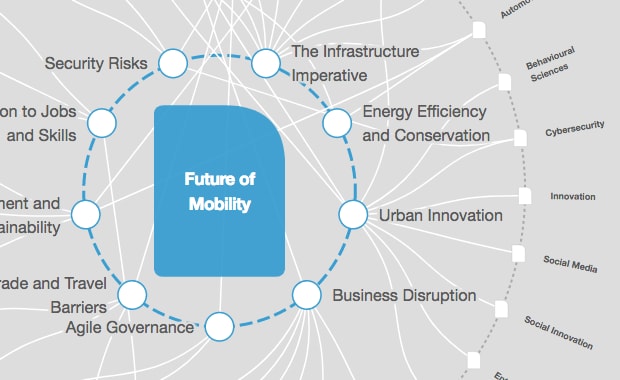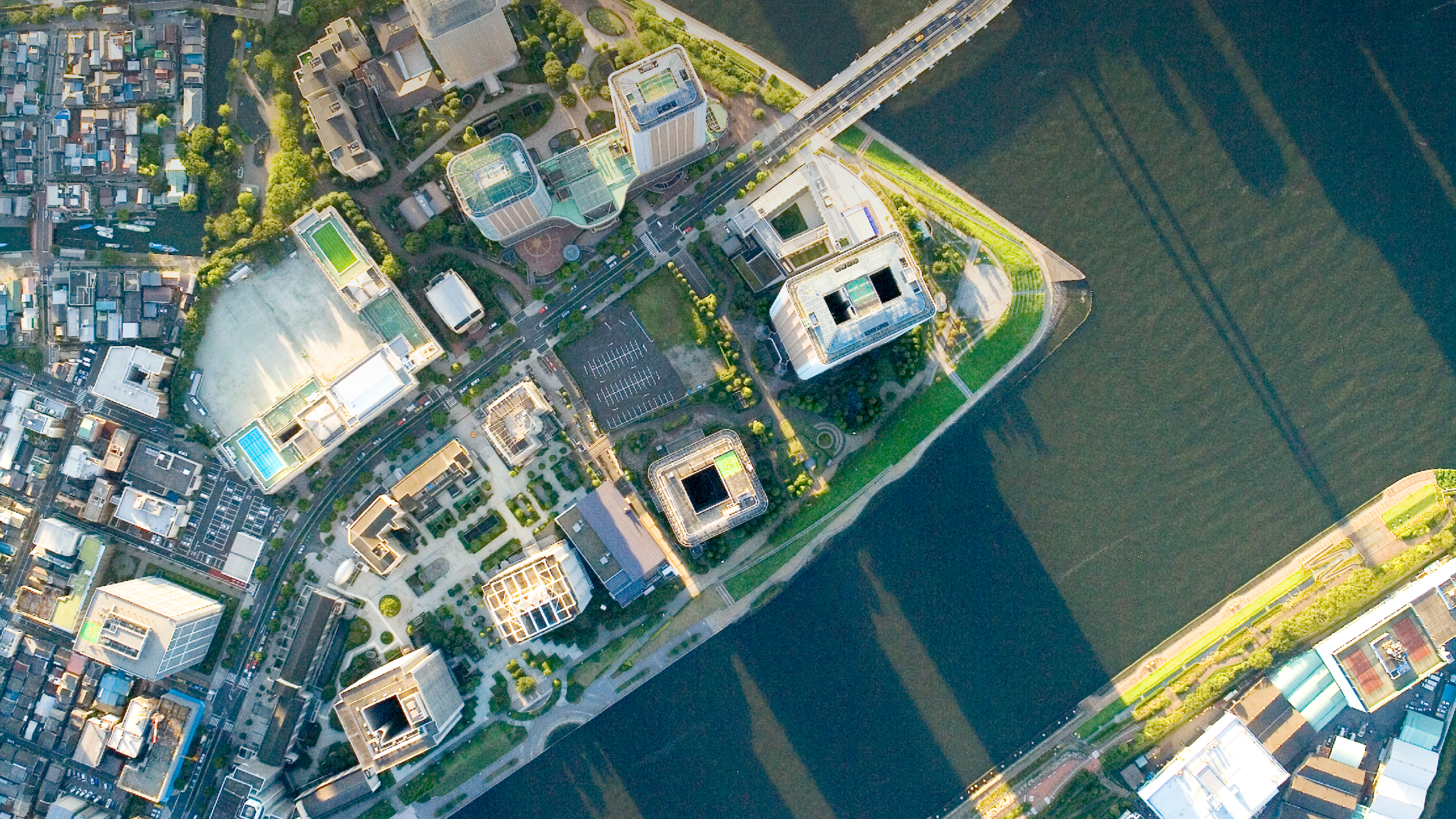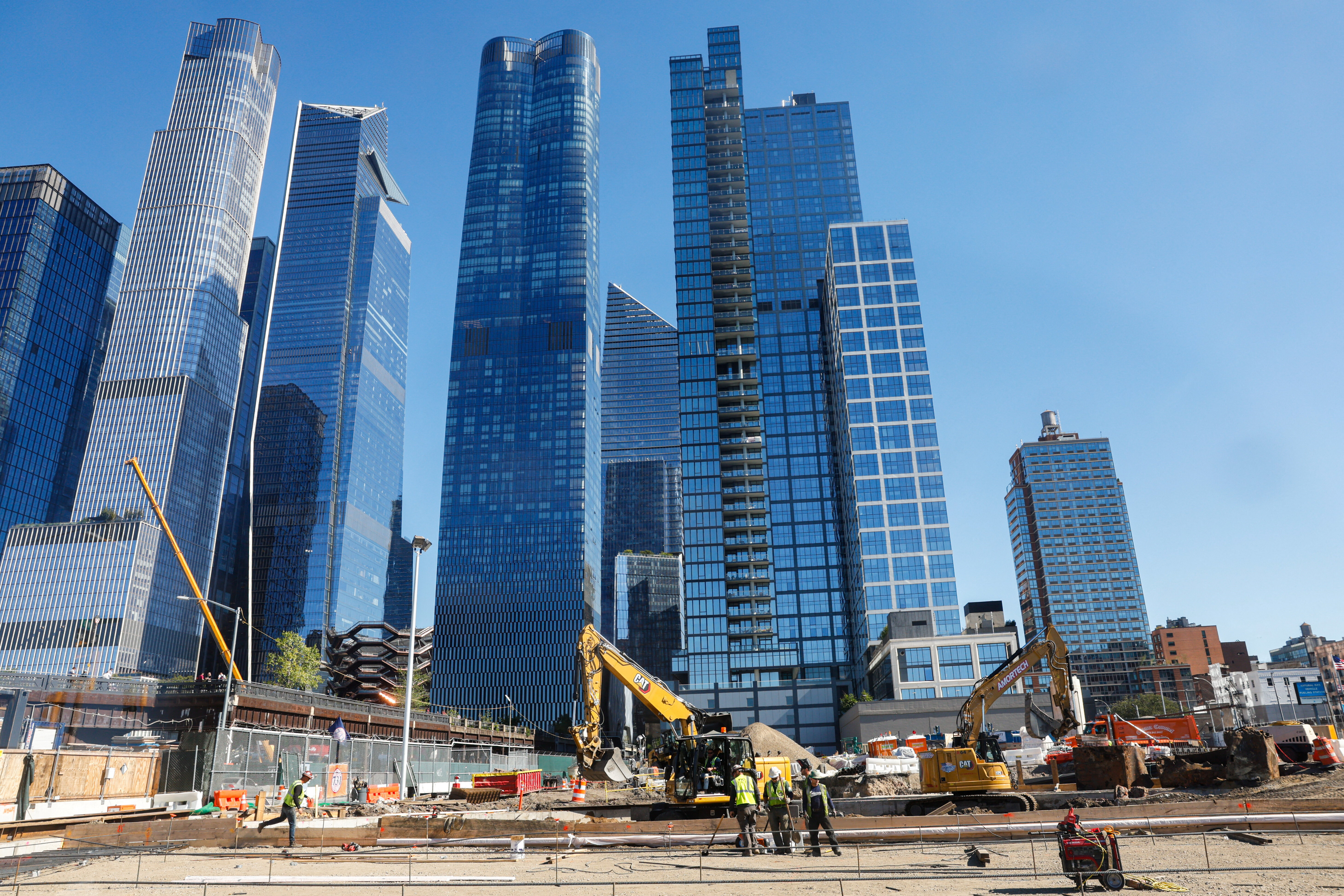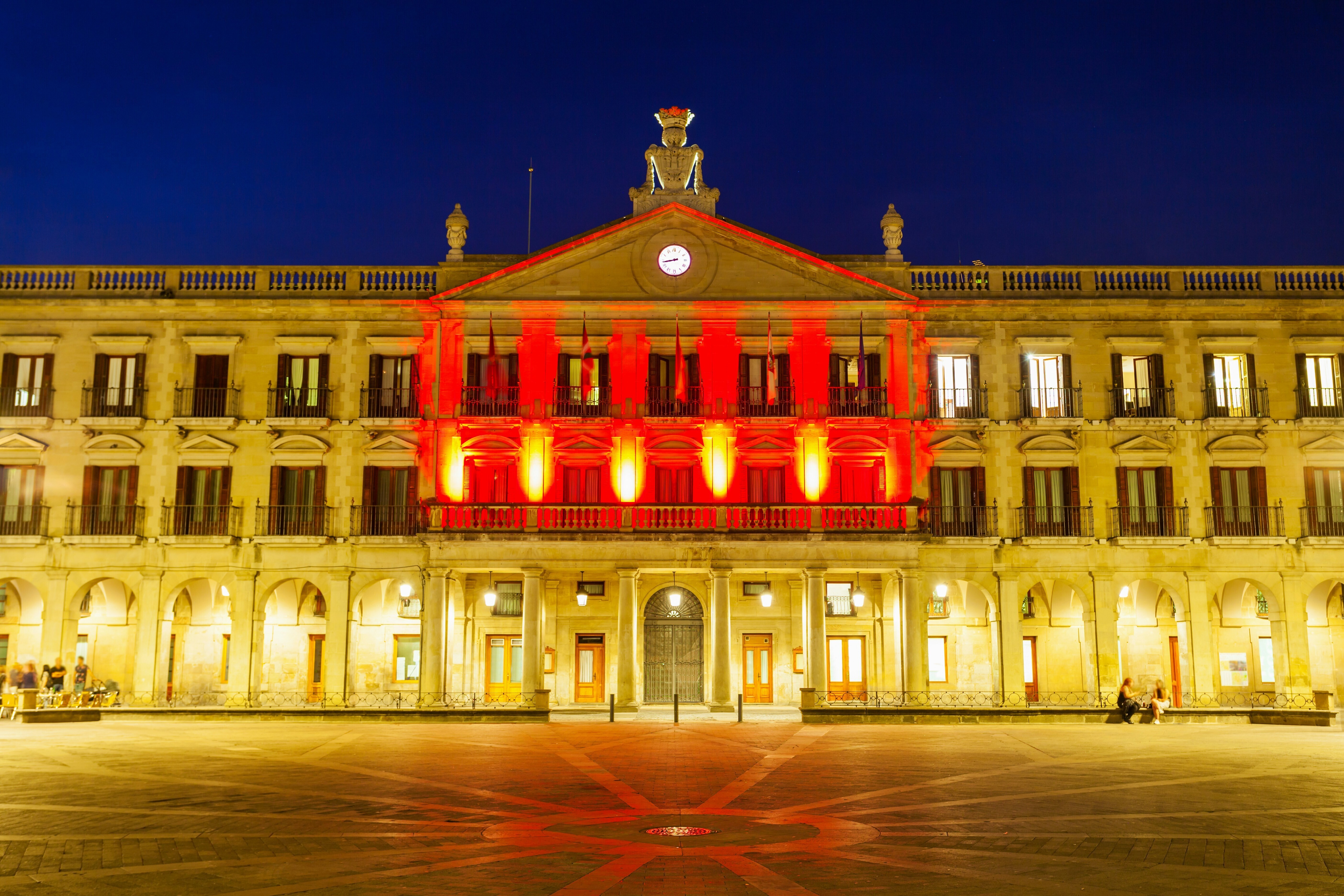Are cars an urban design flaw? Cities advance car-free zones

Traffic in Johannesburg, South Africa. Many efforts are underway to limit or ban cars in cities. Image: REUTERS/Siphiwe Sibeko
- An initiative in Berlin would establish a massive car-free zone.
- Many other cities, including those at a design disadvantage, are also trying to diminish car travel.
- Curtailing cars cuts emissions and can increase the quality of life.
An effort now underway to establish a car-free zone bigger than Manhattan in central Berlin, a relatively dense location where 15% of the surface area is used for road traffic, just might succeed.
But what about a place like Los Angeles County, a sprawling megalopolis where a nearly equal percentage of surface area is used just for parking – on top of the hundreds of square kilometers occupied by essential roads and clogged freeways?
A legacy of planning hinged on cars has left many urban areas both disjointed and disadvantaged in terms of designing for a more sustainable future. But it’s possible to undo some of that damage.
In Los Angeles, the mayor wants to slash the driving done in the city by half over the next few decades, and has expressed interest in charging entry fees for some vehicles – similar to a scheme in London. Many local residents may be surprised to learn there’s a subway system expanding beneath their feet, and bicycle ridership has boomed during the pandemic (though its staying power is uncertain).
Los Angeles is not the only city trying to shake its car dependency. Bogotá, which didn’t have a public transportation system as recently as 1999, has regulated the number of privately owned cars that can be on the roads at any given time, and instituted an annual car-free day. Mexico City has capped the parking spaces allowed for cars in new developments, and added requirements for bicycle spaces.
There are compelling reasons to erase cars from the urban equation, like cutting emissions and improving the quality of life.
In fact, the perception of cars as an urban design flaw may hold whether they spew carbon or use electric power. An advocate for the proposed car-free zone in Berlin said the aim should not just be transitioning to electric cars within cities, but “the removal of vehicles in general.”
However, cities like Los Angeles can be hindered by vast amounts of parking space, which inhibits the density conducive to public-transportation use and only makes driving more convenient.
Other locales have been able to move more aggressively. Paris has invested heavily in infrastructure for bicycling and walking, and detailed plans this week to sharply limit car traffic in the heart of the city starting in 2024. Central Oslo is now basically car-free.
Finding the right fit for cars in cities
The idea of actively discouraging car travel in cities isn’t new. In 1975, Singapore established a program to charge drivers who wanted to enter the center of the city-state.
Since then, general awareness of vehicle emissions and their role in the climate crisis has grown significantly. Cities account for an estimated 70% of global greenhouse gas emissions, and roughly a third of their emissions are attributable to transport.
It doesn’t help that cities also regularly register significant numbers of traffic fatalities, or that millions of children develop asthma every year due to air pollution from cars and trucks.
Eliminating the use of cars for short trips within cities may be economical, particularly when the cost of filling a gas tank can spike in response to geopolitical tension. Replacing those car trips with walking and bicycling also brings serious health benefits.
Advocates of the proposal to blanket central Berlin with a car-free zone say it will spur investment in public transportation. Under the plan, people who need the use of a car for health reasons could apply for driving permits, and everyone else would be able to register 12 private trips per year with a car-sharing service – for things like getting to the airport.
Initiatives like this are not always welcome. A rule in Madrid that banned certain vehicles from the city center became a political issue before it was scrapped last year.
And there are cases where cars may be seen as crucial lifelines that shouldn’t be imperiled – particularly for people with disabilities and the elderly.
Some endeavors aim to reduce urban congestion while still allowing people to stay in their cars. A company founded by Elon Musk unveiled plans several years ago to bore a tunnel beneath several kilometers of Los Angeles, through which electric cars could safely speed from one part of town to another and avoid backed-up freeways.
Any mention of the project was reportedly scrubbed from the company’s website last year.
The site still lists several other initiatives, though video taken earlier this year at one of its tunnels in Las Vegas appeared to show it suffering from something it purports to eliminate: congestion.
More reading on car-free zones and mobility
For more context, here are links to further reading from the World Economic Forum's Strategic Intelligence platform:
- Even in a place often called Britain’s “motor city” a desire to improve air quality and increase cycling spurred ambitious plans for car-free zones, according to this piece. (CityMetric)
- Worth investing in that cover – this study found that babies and children in bicycle trailers breathe in a lot more polluted air than the adults pulling them, though a trailer cover can halve the exposure to fine particles. (Science Daily)
- Decades before cars went into mass production, a unit of “Buffalo Soldiers” bicycled more than 3,000 kilometers across the US to demonstrate the technology’s potential. (JSTOR Daily)
- There are about 1,000 e-buses on India’s roads, according to this analysis, and 11,000 must be deployed each year for the next nine years to help the country hit its target of net-zero emissions by 2070. (World Resources Institute)
- Phoenix, Arizona might be the last place where one would expect to see an effort to ban cars, but according to this report a local residential community aims to prohibit resident parking and will instead subsidize access to ridesharing and public transportation. (Next City)
- To be liveable and greener, cities must consistently incentivize the use of public transportation and discourage car use, according to this analysis – which uses the Dubai Road and Transport Authority as an example. (LSE)
- Do bikeshare systems complement or replace traditional public transit? This paper’s findings suggest they function pretty well together. (Science Daily)
On the Strategic Intelligence platform, you can find feeds of expert analysis related to Mobility, Cities and Urbanization, and hundreds of additional topics. You’ll need to register to view.
Don't miss any update on this topic
Create a free account and access your personalized content collection with our latest publications and analyses.
License and Republishing
World Economic Forum articles may be republished in accordance with the Creative Commons Attribution-NonCommercial-NoDerivatives 4.0 International Public License, and in accordance with our Terms of Use.
The views expressed in this article are those of the author alone and not the World Economic Forum.
Stay up to date:
Mobility
Related topics:
Forum Stories newsletter
Bringing you weekly curated insights and analysis on the global issues that matter.










